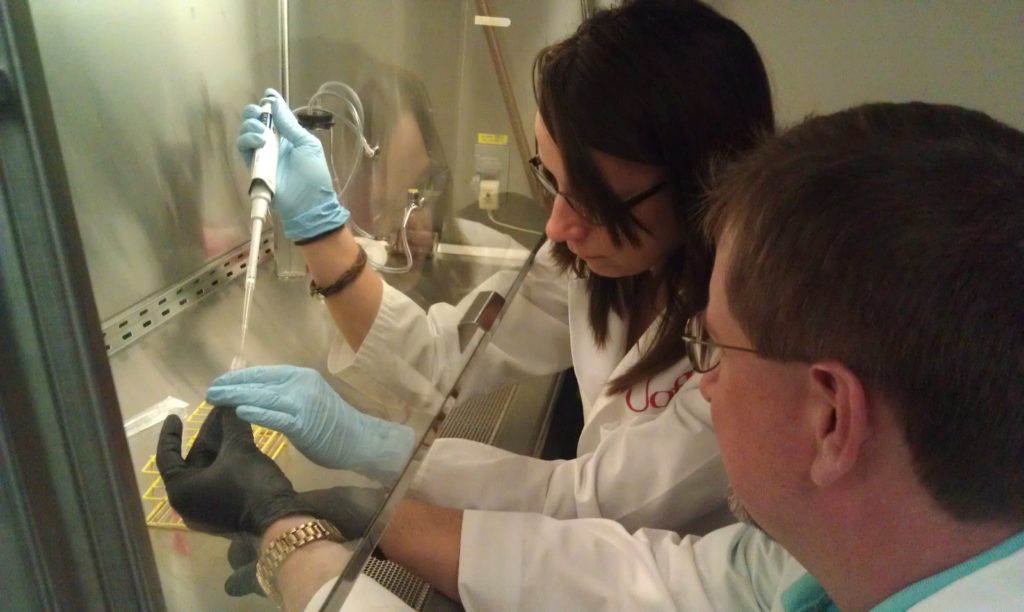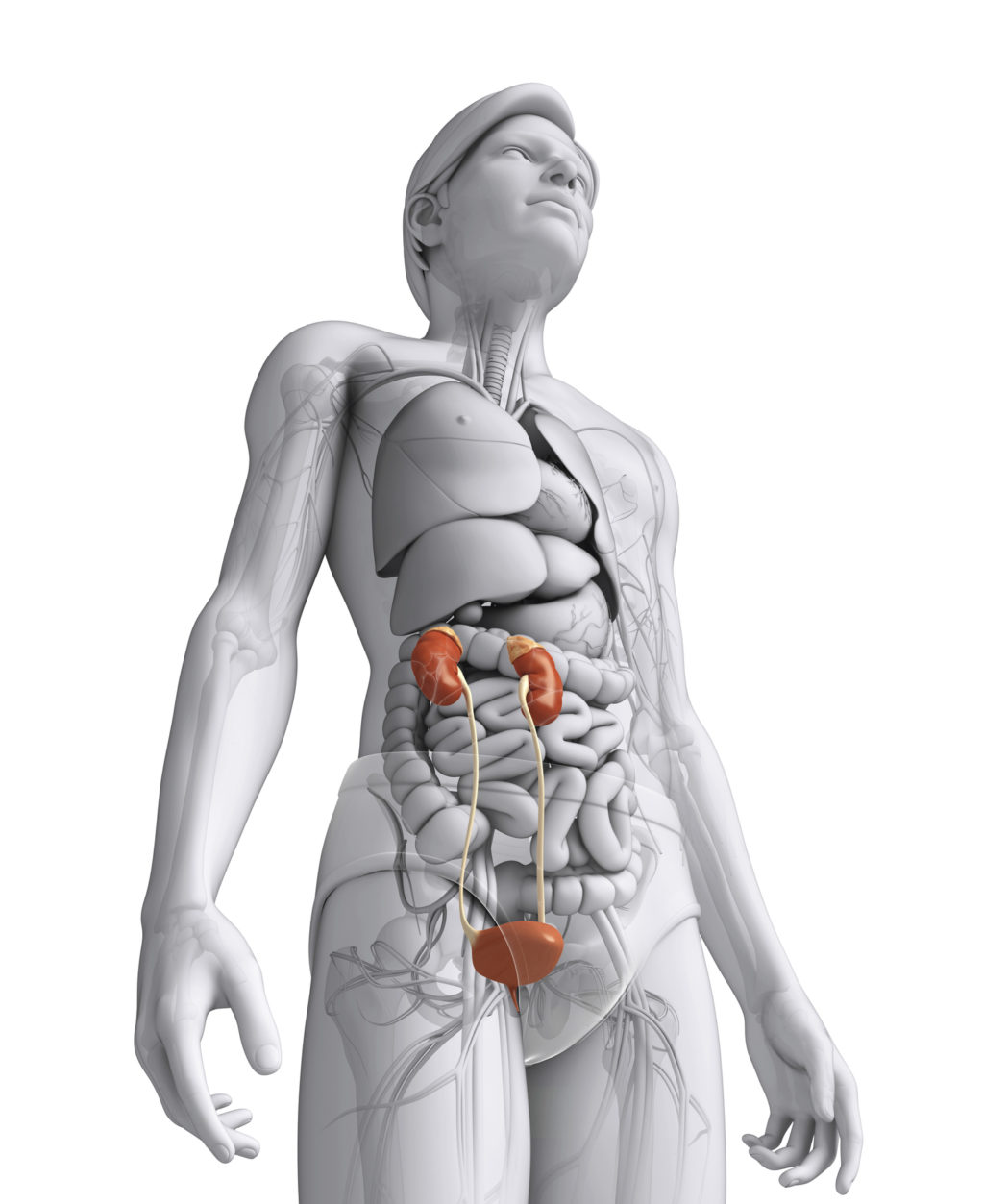When Meg Tytler, a 51-year-old resident of Toronto, visited her family doctor for a routine examination in 2005, she did not expect to be diagnosed with polycystic kidney disease. It is one of the most prevalent potentially fatal genetic diseases. It causes the formation of numerous cysts in both kidneys, which increases their volume and causes a deterioration of the renal function. This disease is caused by defective genes, meaning it is usually hereditary. However, Meg did not have a known family history of the disease.
The symptom that puts the chip in the ear of the Meg family doctor is hypertension, one of the characteristic signs of this disease. Other symptoms include back or side pain, blood in the urine, urinary tract infections and kidney stones. Since it is a degenerative disease, the symptoms may worsen over time. Individuals whose clinical symptoms have worsened significantly, renal function has deteriorated and cysts are too large may require dialysis or kidney transplant.
Polycystic Kidney Disease: New Approaches
The disease affects one in 500 Canadians. In the case of Meg, the management of PKD involves symptom management. After the diagnosis was made, the treatment included medication to lower blood pressure and changes in lifestyle. All her efforts to control her disease have borne fruit. “I’m lucky because my symptoms of PKD are mild,” Meg said, “and I no longer need to take a hypertension medication.” However, she still feels pain on the sides from time to time, as well as fatigue.
Unfortunately, in some cases, PKD can lead to kidney failure. Nearly half of people with the disease suffer from kidney failure before reaching their sixties. The renal function of Meg was approximately 50% during its diagnosis. After having lived with PKD for more than 10 years, her renal function is now about 8%. It is at this stage that most people with PKD begin dialysis. However, Meg is in the final stage of preparation for a kidney transplant because a compatible donor was found earlier this year.
Health professionals can advise patients about symptom management and advise them on progress in PKD management. Early diagnosis and management are paramount. There is hope. The Canadian PKD Foundation promotes research, advocacy, and public education to discover more treatments and defeat PKD.
After receiving her diagnosis, Meg Tytler began volunteering for the Canadian PKD Foundation.


